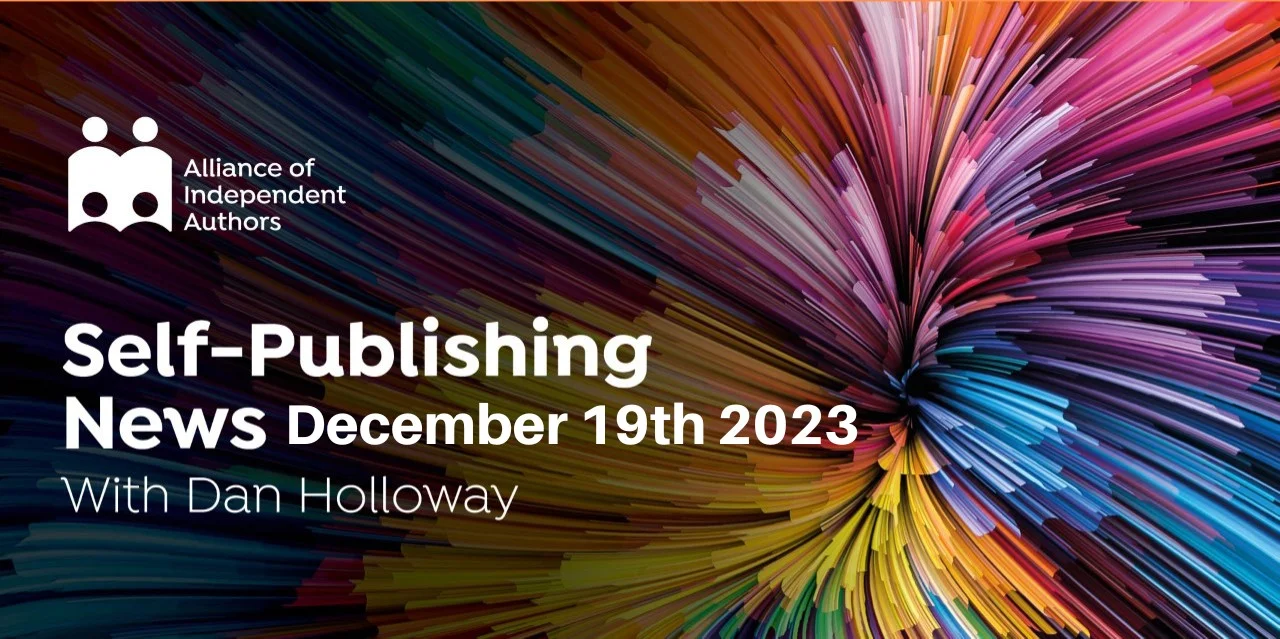
ALLi News Editor, Dan Holloway
However popular digital formats get, there is something that seems to mean reading in print has never lost its appeal. Even amongst new generations discovering reading as digital natives. Alongside this, there is regular debate about whether some forms of taking in books (such as listening to audio) can be counted as reading at all.
This has meant much research has gone into answering the question: is reading in print actually different from other sorts of reading? There has been so much research, in fact, that the University of Valencia has just completed a meta study of it. That is, they have tried to draw out any common strands from all the studies that have been done.
What the study says
And the headline news is very interesting. Reading text in print, it seems, leads to far greater comprehension than reading text digitally, especially among early years school children. I can feel a certain contingent nodding approvingly at that result. But unpack it a little further and, to borrow a phrase, that might not be the hot take they think it is. There’s a really interesting comment from the study’s authors: “digital reading habits do not pay off as much as print reading. That is why, when recommending reading activities, schools and school leaders should emphasise print reading more than digital reading”.
The study showed that when it came to acquiring skills through reading, print was six to eight times more effective than digital. They speculate about the causes – such as attention issues from notifications on their digital reading devices (without even considering what that would mean for reading on a simple Kindle).
But is reading just about comprehension? About gaining skills? Reading is one of the richest and most variable experiences we undergo as humans. The takeaways from this study feel somewhat utilitarian. And the study itself doesn’t seem to understand what digital reading actually is.





People have been running studies on this for about two decades or so now, and the results keep coming back mixed.
One group will show print is better. Then, the next study will show it’s a wash. Then another study will show digital reading results in better comprehension and retention.
So what’s the truth? We frankly don’t know, mostly because the results are highly skewed by poor study design.
Near as I can tell after reading all of the studies I could find on the topic, *whichever you are used to most* results in the best benefits.
For a “early years” school child, that’s *almost always* going to be print, since most six year olds don’t have cell phones, kindles, or computers. Since small children have almost no digital reading practice, print is almost always going to be better for that ages group.
However, once a person has shifted to digital reading, it’s PRINT reading which results in lesser comprehension and retention. That’s been consistent across the studies I’ve read, and if you think about it, it just makes sense.
Anecdotally, I’ve tested this a bit myself. My reading retention is MUCH stronger for digital reading. Over the past fifteen years I’ve read over a thousand books and at least that many articles, journals, magazines, and essays digitally. In the same period, I’ve read maybe a few dozen print books. I am, frankly, rusty at using paper for reading, and it shows in my ability to retain the information, whereas my retention of digital material is much stronger.